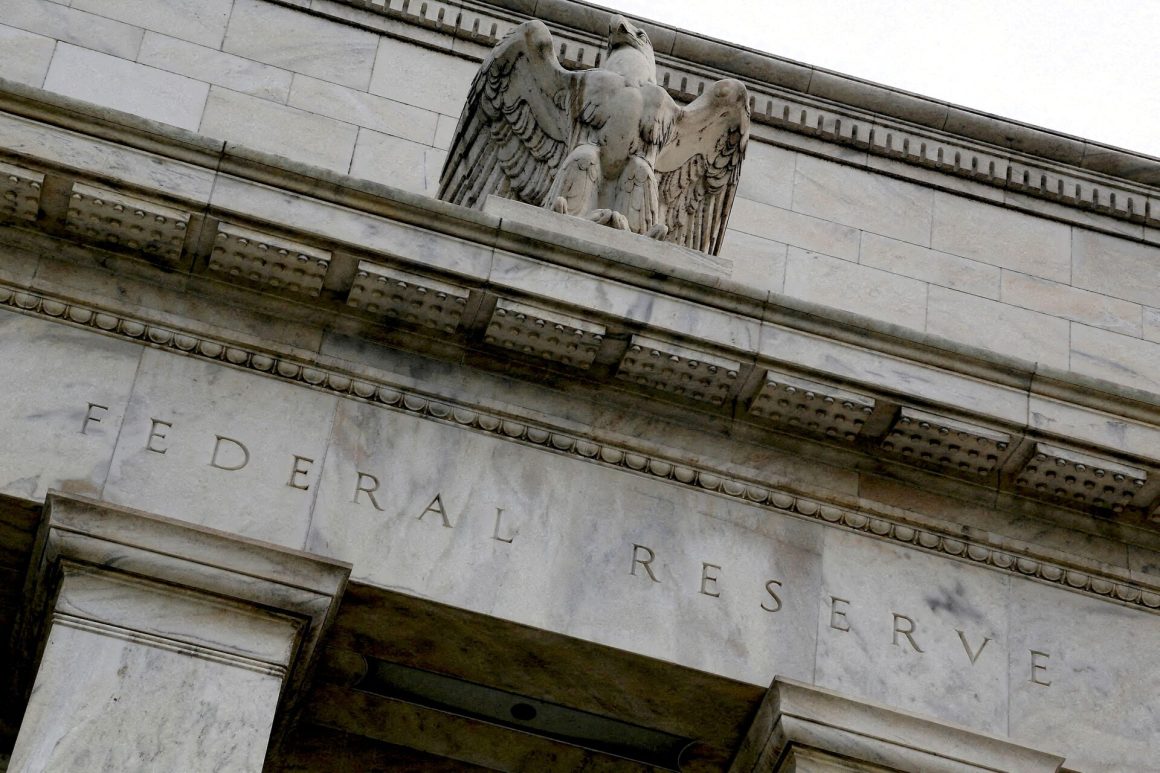The industry has won major concessions that could push the capital figure into the single digits, according to three sources, but banks are still pushing hard for a reproposal which would give them another opportunity to ease it further.
Wall Street banks have threatened to sue if the agencies do not repropose, alleging they violated a federal law which requires agencies to justify new rules and allow time for, and fully consider, public feedback.
Banks say they are already flush with cash and that the agencies have not provided an economic reason for the rule.
Fed officials believe reproposing would help address that complaint but FDIC and OCC officials believe banks’ claims are invalid and that there is no legal need to repropose, three sources said. The Fed also plans to publish a quantitative impact study analyzing the potential impact of the plan.
The agencies have agreed to soften how banks calculate potential losses from operational risks, which is the costliest plank of the proposal, and how they gauge credit risk, three of the sources said.
They are still debating how far they should ease more stringent rules for modeling market risk, with the FDIC and OCC pressing to preserve the rule’s original language, two of the people said.
FDIC DRAMA
Turmoil at the FDIC where a damning investigation found widespread misconduct is also a potentially complicating factor for the Basel negotiations. Succumbing to mounting political pressure, FDIC Chair Martin Gruenberg last month said he will step down once the Senate confirms his successor.
Long a Wall Street critic, Gruenberg is the least sympathetic to bank complaints and has pushed for regulators to take a tough line, according to three sources. He strongly opposes reproposing the draft, one source said.
Some analysts and industry executives speculate he may now have an even stronger incentive to push the Fed hard to finalize the new draft.
A less experienced successor is unlikely to take on “the mighty Fed,” Ian Katz, managing director of Capital Alpha Partners, wrote in a note last month.
Gruenberg did not provide comment for this story but said last month regulators want to quickly complete the rule.
The Fed also has tricky internal politics to negotiate. Two governors voted against proposing Basel originally, in a rare display of dissent among the central bank’s board. Both Barr and Fed Chair Jerome Powell have said they want “broad consensus” on the rule, but achieving that could mean pushing the OCC and FDIC to repropose.

